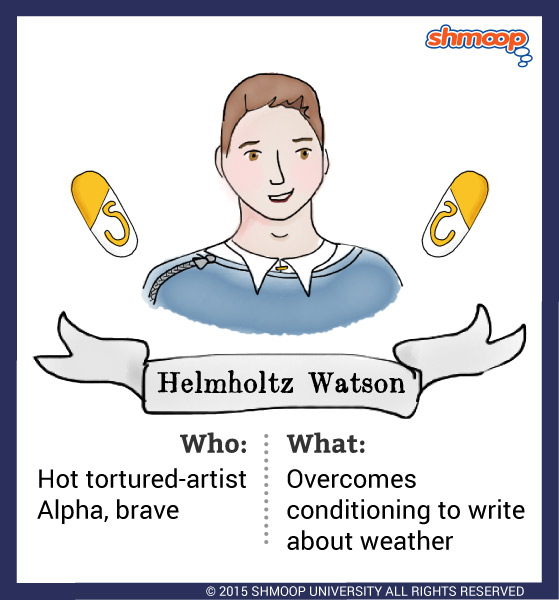
Hypnopaedia itself, of course, was a well-respected reality by the time of Brave New World Revisited.

In the 1950s, commercial jingles - what Huxley calls "singing commercials" - seem to invade and take over the conscious mind and culture, in the same way that the brave new world runs smoothly on the slogans of hypnopaedia. Huxley takes particular pride, mixed with dismay, at the prophetic quality of his own future vision. By the 1950s, readily available tranquilizers adjusted people to a maladjusted culture, smoothing out any inconvenient instincts of resistance, just as a soma-holiday eliminated the recognition of unhappiness. The literal consumption of soma-like drugs also captures Huxley's attention. The resulting programmed consumption - "Ending is better than mending" - of Brave New World had already begun to take over the post-war world, at least in the West. Instead of many little businesses producing necessities, an over-organized society allows big business to mass-produce anything and everything saleable, while controlling consumer spending through commercials and social pressure. Just as the fictional war brought the call for a totalitarian World State, the chaos caused by overpopulation may be demanding control through over organization. In place of the Nine Years' War - the calamity that brought the society of Brave New World into being - Huxley points to the danger of overpopulation as the trigger for tyranny. Control through reward poses a greater threat to human freedom because, unlike punishment, it can be introduced unconsciously and continued indefinitely, with the approval and support of the people being controlled. In the West, pleasure and distraction, used by those in power, control people's spending, political loyalties, and even their thoughts. Still, Huxley argues, the future will look more like Brave New World than 1984. Communist totalitarianism, therefore, combined the Brave New World and 1984 styles of oppression. Meanwhile, the government continued to enforce conformity on the masses by fear of punishment. By the late 1950s, in the Soviet bloc, governments attempted to control high-ranking individuals with rewards - just as in Brave New World. But in the Soviet Union at least, the death of Stalin brought an end to the "old-fashioned" form of universal tyranny. In communist nations, Huxley points out, leaders used to control individuals with punishment, just as the representatives of Big Brother frighten and at times torture citizens into submission in Orwell's novel. In describing the modern, postwar world, Huxley acknowledges the prophetic power of George Orwell's 1984. In the depths of the Cold War, a totalitarian world state - a Communist dictatorship, perhaps - seemed a distinct possibility and so, with the world on the verge of destruction or tyranny, Huxley felt compelled to search for and find the hope for freedom missing in his novel. Part of Huxley's reason for "revisiting" the themes of Brave New World stems from his horrified recognition that the world he created in fiction was in fact becoming a reality.



In a sense, then, Huxley opened his debate about the future in fiction - for artistic purposes - and then continued it in philosophy with persuasion in mind. In Brave New World Revisited, Huxley dispenses with the fictional construct altogether and lets the ideas themselves form and inform his work. Although the form differs - the work is nonfiction instead of fiction - Huxley's characteristic intelligence and wit enlivens the essays of Brave New World Revisited just as it did in his novel.īrave New World has been called a "novel of ideas," because Huxley takes as his primary focus for the fiction the contrast and clash of different assumptions and theories rather than merely the conflict of personalities. In 1958, Aldous Huxley published a collection of essays on the same social, political, and economic themes he had explored earlier in his novel Brave New World.


 0 kommentar(er)
0 kommentar(er)
